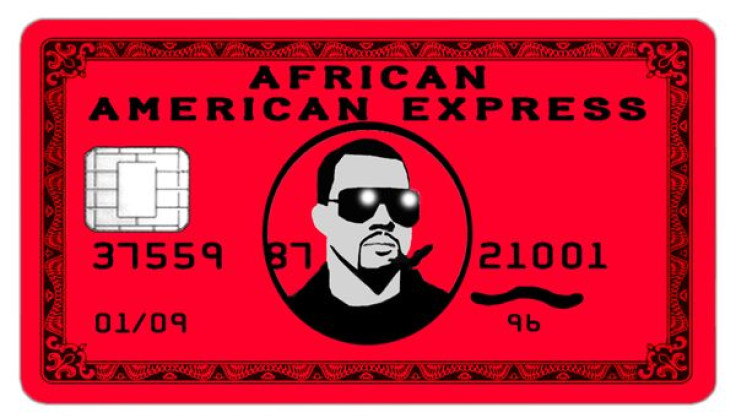African Americans Who Play ‘The Black Card’ Have Higher Blood Pressure: Does Obsessing Over Race Lead To Bad Health?

The Trayvon Martin verdict struck at the hearts of many African Americans, which may have literal consequences for their cardiovascular health. New research argues that African Americans who are “hypervigilant” over racial concerns have higher blood pressure. The findings offer a novel explanation for why blacks suffer from a disproportionate amount of heart disease in the U.S.
The U.S. has a serious racial discrepancy when it comes to heart disorders, with the public health burden disproportionately high in African Americans. Rates of high blood pressure (hypertension) are one-and-half times higher in blacks than in whites. This prevalence is not only the highest in the U.S., but tops that of all racial groups in the world.
Many experts have pointed to the nation’s legacy of socioeconomic disparities in areas like education, healthcare, and income, but what if emotional stress from thinking about these inequalities was enough to cause poor health?
"African-Americans have higher blood pressure, and it has been difficult to explain why this is true,” said Dr. Lisa Cooper, senior author of the study and professor of internal medicine at Johns Hopkins University.
“It doesn't appear to be genetic, and while things like diet, exercise and reduced access to health care may contribute, we think that a tense social environment, the sense of being treated differently because of your race, could also possibly explain some of what's behind the higher rates.”
Cooper, who is African American, and her colleagues recruited 266 patients from urban health clinics in the Baltimore area, of which 62 percent were black. Before having their blood pressure measured, all subjects — black or white — filled out a race-consciousness survey called the 2002 Behavioral Risk Factor Surveillance System "Reactions to Race," which was developed by the U.S. Centers for Disease Control and Prevention (CDC). The survey asked subjects to report how often they thought about their own race.
Blacks who thought about racial issues on a consistent basis — whether it was once a week, once a month, or once a year — had significantly higher blood pressure than blacks who didn’t. This pattern was not observed between whites who were race-conscious and those who weren’t.
Overall, 50 percent of African Americans in the study were preoccupied with race, while only 20 percent of whites worried about their skin color.
"A preoccupation with race among blacks leads to hyper-vigilance, a heightened awareness of their stigmatized status in society and a feeling that they need to watch their backs constantly," said Cooper. "We need to help people of all races cope with race-related stress in a healthier way."
Source: Brewer LC, Carson KA, Williams DR, Allen A, Jones CP, Cooper LA. Association of Race Consciousness With the Patient–Physician Relationship, Medication Adherence, and Blood Pressure in Urban Primary Care Patients. American Journal of Hypertension. 2013.



























